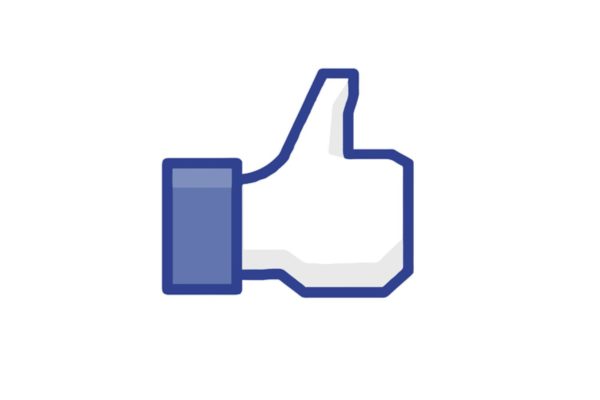AUSTIN, Texas — Political campaigns and organizations are turning to digital media in an effort to mobilize voters, and now a new study from The University of Texas at Austin shows just how Facebook can serve as an effective tool for increasing voter turnout.
In a study published in the Journal of Communication, researchers found that individuals are significantly more likely to vote if they receive reminders through Facebook that voting records are public – and either messages of encouragement or shame to vote. In particular, messages shaming Facebook friends for not voting, by posting and tagging friends who had not voted, had the most significant effect on increasing voter mobilization.
Additionally, the study found that these methods were significantly more successful in increasing voter turnout than traditional get-out-the-vote campaigns such as door-to-door canvassing or political mailers.
The study, “Social Pressure on Social Media: Using Facebook Status Updates to Increase Voter Turnout,” was authored by Katherine Haenschen, (Ph.D., ’16), a Radio-Television-Film alumna and visiting scholar at the Moody College of Communication Annette Strauss Institute for Civic Life.
“This study provides evidence that Facebook can be used to increase voter participation by leveraging social norms,” Haenschen said. “The Facebook platform offers its users the ability to generate an increase in turnout by tagging their friends directly. It works to increase turnout among friends who see other people being praised for voting. It shows just how powerful social norms are in terms of driving voting behavior.”
In three different experiments, which included 218, 239 and 640 subjects respectively, Haenschen tested different message strategies among Facebook networks of volunteers who helped carry out the studies during elections in 2013 and 2014. Using publicly available voter records, she then determined which messages had the greatest impact on turnout.
The first message tagged subjects in a reminder to vote by emphasizing their civic duty; the second tagged individuals and praised them for voting in prior elections; and the third tagged individuals and shamed them for not voting in the ongoing election. All of the posts included links to voting locations and were constructed to give the impression that the messages were visible to all of their Facebook friends.
The civic duty messages featuring reminders and polling locations had little impact on voter turnout, but the pride and shaming messages both substantially increased voter turnout. In one study, turnout among individuals who received praise messages was 16 percent higher than those who received no reminder. Turnout among those who received shaming messages was 24 percent higher.
In these individual studies, tagging one’s Facebook friends proved significantly more effective than traditional mobilization campaigns, which typically increase voter turnout by 3 to 8 percent.
“Simply tagging friends in a reminder to vote is insufficient,” Haenschen said. “It is the heightened visibility of individuals’ voting behavior made possible on Facebook that appears to be driving turnout. The best way to actually increase participation is to identify reluctant voters in your social circle and tag them in a Facebook post praising them for voting in the past and reminding them you’ll know if they skipped the election this time around.”




